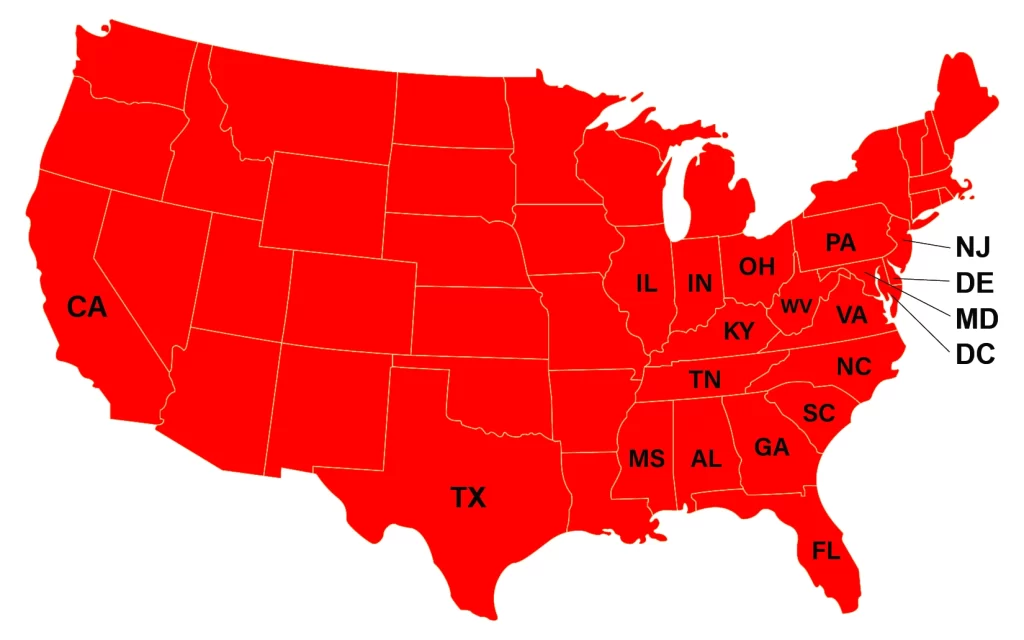For many businesses, a non-compete agreement is a key method of protecting the company’s interests and keeping valuable employees. But what should you do if you suspect that a former employee has broken or is breaking this contract? Here are four key steps to take.
1. Check Your Non-Compete Agreement
The first thing you should do when handling a potential breach of contract issue is to ensure that everyone on your team knows exactly what the contract stipulates. Even if you think that you know what the agreement actually says, take this time to go over it again so you are certain.
Enforcing a contract is, by its nature, limited to exactly what is in the contract. Spelling, grammatical errors, missing words, or unclear statements can alter whether an agreement is enforceable and how to go about proving your case.
2. Work With a Professional Investigator
Even if you came by the information through informal channels or through standard company business, you should pursue the proving of a contract breach with professional assistance. Why? First, a professional investigator will be discreet and professional. Matters like this can often become emotionally fraught and personal, so your business must protect itself from unnecessary conflict or reputation damage.
Second, an investigator who specializes in corporate issues knows the law regarding contract enforcement, so they can help keep matters within the framework allowed by law. You wouldn’t do your case any good if, for example, you gather evidence through a means that may be inadmissible in court (such as recording conversations on the phone).
3. Contact Your Business Attorney
Breach of contract is a legal matter, so consult with an attorney as soon as you suspect it may have occurred. Your lawyer should advise you on how to proceed, including ensuring that any investigation stays within legal bounds. You may want to have the attorney and the investigator remain in contact as well.
An attorney can also help with the investigation by using the legal process of discovery. Discovery is the process of obtaining information for a court case from the two parties involved. If you believe an employee is misusing your client list, you may be able to request their client list or records of how they obtained current clients.
4. Consider the Legal Options
If you are able to build a good case, you have a few legal options as to how you want to proceed. You may seek an injunction, which is a court order for the person to cease ongoing activities that violate their contract. If your investigator discovers that the former employee is still soliciting your clients for themselves, an injunction would put a stop to it while the matter is worked out in court.
What if the damage has already been done? What if, for example, the employee has already given your trade secrets to their new employer? In this case, you may choose to forgo an injunction and focus on damages. Damages, in legal terms, is compensation for what has been lost — including things like financial losses, losses to your business reputation, time spent fighting the breach in court, or future earnings.
If you face the unwelcome discovery that someone may be violating your company’s non-compete agreement, the business must act quickly — and correctly — to avoid further damage. Start by consulting with an experienced investigation service in your area.
J.P. Investigative Group, Inc., can help. Licensed to work in 17 states, our professional investigators will work with you to find the evidence you need and use it to win your day in court. Call today to make an appointment.


